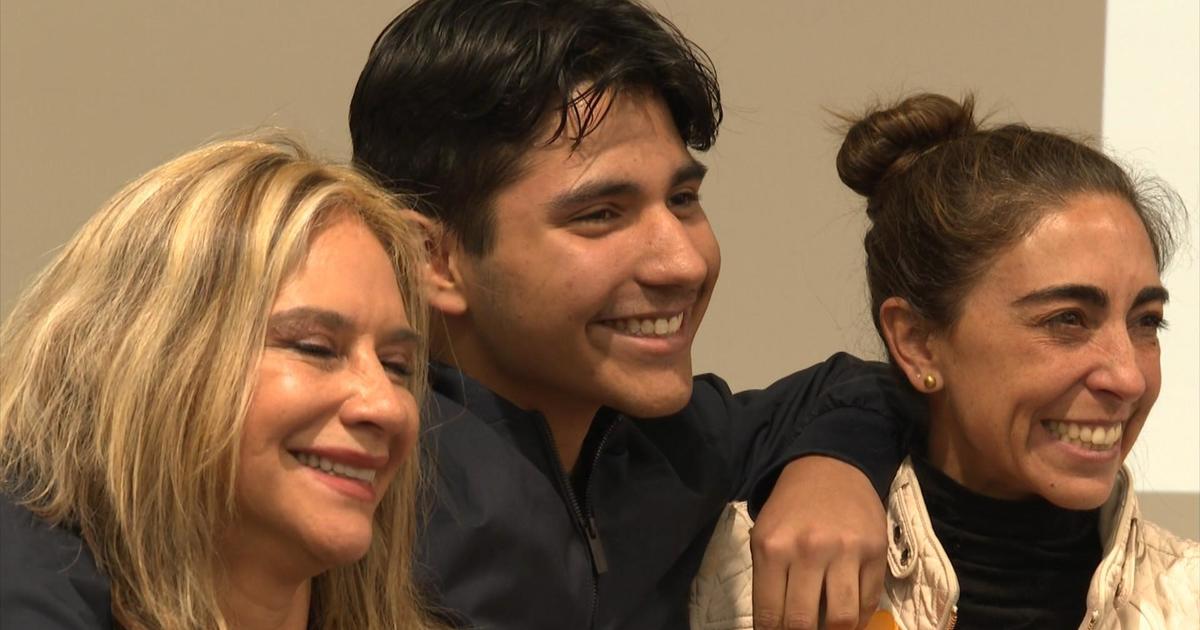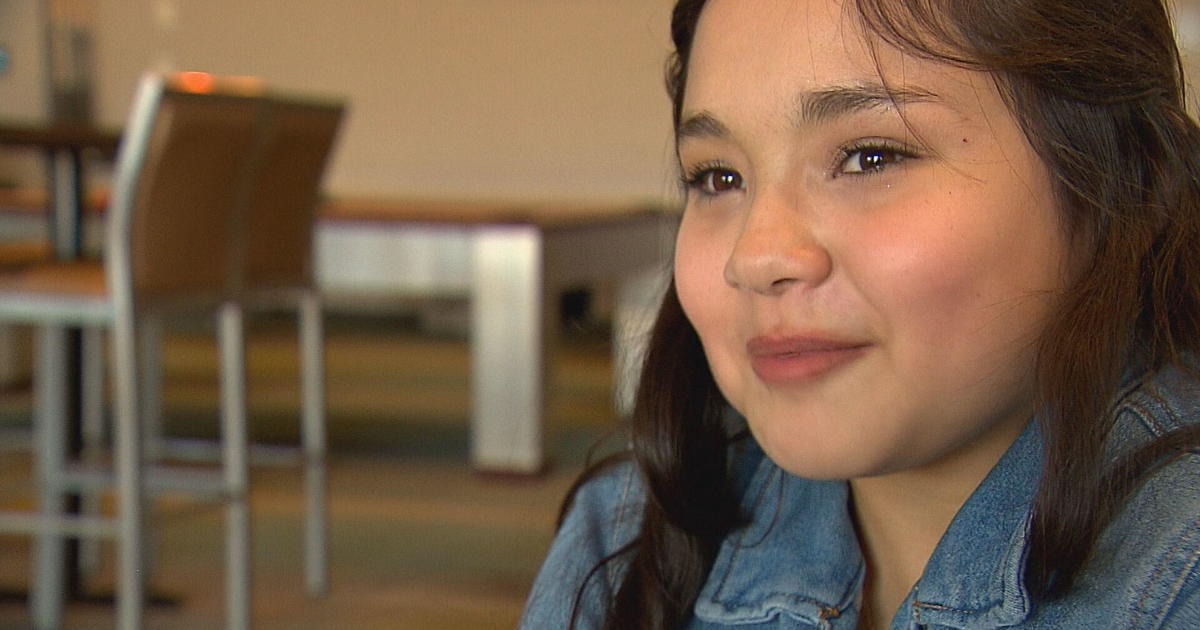Aurora Facility Focused On Female Homeless Vets
AURORA, Colo. (AP) - It's the "invisible population" that officials from an Aurora shelter want to see more often.
As the last remaining days pass before final approval from Department of Veterans Affairs comes in for the Aurora program, Comitis Crisis Center spokesman James Gillespie says getting the word out now about homeless female veterans is important.
"A lot of these women have come back to surprises, unfortunately," he said. That means female veterans who left to fight in Iraq and Afghanistan have increasingly come back to find homes in shambles, spouses who've left or family finances broken beyond repair. Combine those stressors with mental illness from war, often Post Traumatic Stress Disorder or Traumatic Brain Injury - often complicated by substance abuse - and Gillespie said what's left are one of the most underserved populations of homeless people.
"These women are 100 percent homeless but tend to stay with family or friends, instead of on the street," he said.
As a result, Comitis will open at least eight of their beds to homeless female veterans in a program operated with the VA. Gillespie said the VA will help pay for the veterans to stay at the shelter, up to 8 months to 12 months if necessary, with Comitis picking up the tab for the rest of the family if necessary.
Gillespie and other officials from Comitis said keeping families intact was paramount to helping those veterans.
"One of the core pillars of Comitis is to keep the family unified, and if they're not together . to reunify them," he said.
Jeanette Early, national president for Gold Star Wives, a veteran spousal support group, agreed.
"Women coming back, they're having . psychological issues, they're suffering from traumas, they're coming out with all these issues, and it's important to keep them together," she said.
According to a 2012 survey of homeless within the metro area conducted by the Metro Denver Homeless Initiative, roughly 10 percent of homeless veterans were female. That's because most homeless female veterans "couch hop," according to Gillespie, who estimates that the number is almost certainly higher.
Even at 10 percent, the number of homeless female vets for the metro area is higher than the national average. According to the National Coalition for Homeless Veterans, only 5 percent of homeless vets are female, with an overwhelming majority being either black or Hispanic.
According to the NCHV, over 75 percent of the homeless veterans have substance abuse problems, which contributes to chronic homelessness for many of them. In the metro area, 41 percent of the homeless vets surveyed said they had been homeless two or more times in the last 3 years, with 75 percent of those surveyed saying they had been homeless for one month at a stretch or more.
Gillespie said giving those veterans a stable home and a stable place for their children can help.
"To keep the kids in the same school is a big deal," he said.
According to the survey conducted by MDHI earlier this year, 30 percent of homeless female veterans reported being single with having children younger than 18 years old.
Part of that process, too, is finding work for veterans, officials said.
"It's so needed right now," Early said. "Providing to take care of some of their concerns, medical needs and getting them back on track to help themselves and getting them trained."
According to the metro area survey, more than 70 percent of the homeless vets surveyed said they hadn't received money from work in the past month, with 35 percent saying they were homeless due to a lost job or unable to find work.
Gillespie said the impetus for opening the beds for women was the shelter's proximity to the coming VA hospital and access to services.
"It was a real no-brainer, We have a large veteran population in Aurora, and a long history with the Fitzsimons area. We wanted to participate to serve them. It's an inequity that shouldn't be in our culture," he said.
"The vision that Comitis has for the program looks very promising to help (female veterans) with medical concerns and getting them back in the job market and . re-integrating into the community," Early said.
The program at Comitis hasn't started yet, Gillespie said. There are still a few more approvals to receive from the VA and paperwork to push through, but he anticipates the eight beds will be open in the coming weeks.
Comitis too has been preparing for the program to begin. The shelter recently received the Eagle Award from Housing Colorado as providing "outstanding leadership in housing and support services."
Those support services are playing an increasing role too for veterans. According to the survey, nearly 1 in 4 homeless veterans reported visiting some sort of "transitional housing" within the past week.
But Gillespie said the crisis center and VA are hoping that the multi-state program will be able to keep some families together by giving mothers a place to call home, even if it's temporary.
"It's one of the most important aspects for a mother who became a soldier, to become a mother again."
LINK: Comitis Crisis Center
- By AARON COLE, Aurora Sentinel
(© Copyright 2012 The Associated Press. All Rights Reserved. This material may not be published, broadcast, rewritten or redistributed.)



